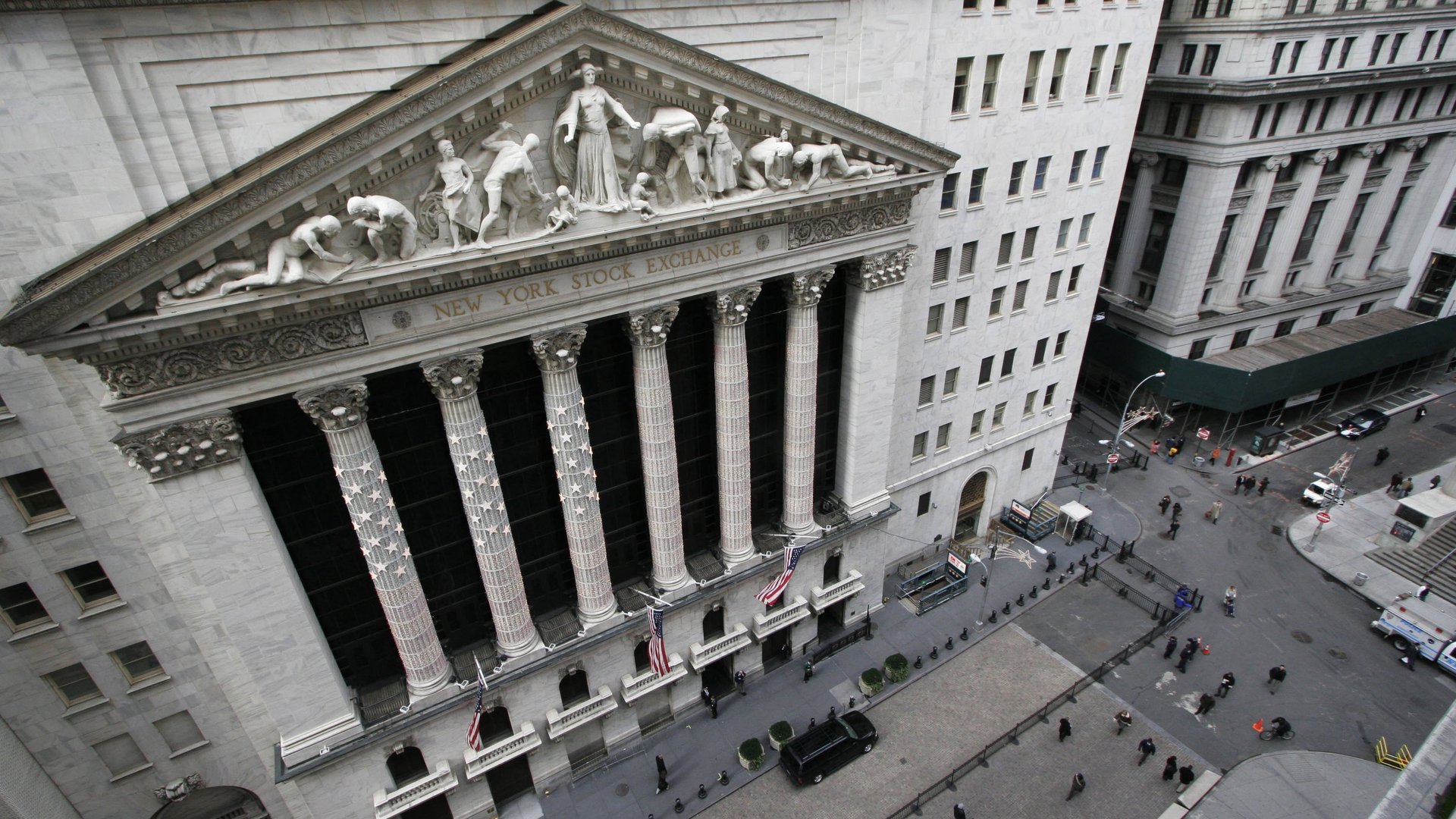Wall Street now slightly less overpaid
Wall Street traders and bankers are ever-so-slowly getting the message: They’re not going to be paid as much as they did before the financial crisis—at least not any time soon.


Wall Street traders and bankers are ever-so-slowly getting the message: They’re not going to be paid as much as they did before the financial crisis—at least not any time soon.
Average bonuses tumbled by as much as 30% in 2011 and companies moved to cap how much could be doled out in cash. Wall Street’s working class doesn’t like it. But they’re slowly realizing that it’s not like there are many industries out there looking to pay million-dollar bonuses, as Bloomberg reports:
“A lot of senior managers won’t have to pay up because they’re saying, ‘Where are these guys going to go?’” said Michael Karp, chief executive officer of New York-based Options Group. “We’re in an environment where a lot of people are just happy to have a job. Expectations have been managed so low that people will be happy with what they get.”
That said, there will always be winners on Wall Street. But, in the wake of the financial crisis, there will likely be fewer of them.
Case in point: the 2011 class of partners at Goldman Sachs is the smallest in more than a decade. The gold-plated investment bank is expected to announce that roughly 70 employees ascended to the rank of partner this week. That’s down from 110 in 2010. A partnership at Goldman Sachs has long been one of the most sought-after brass rings on Wall Street. It’s usually reserved for the firm’s top producers, as it opens the door to Goldman’s lucrative partners’ compensation pool. The New York Times’ Susanne Craig reported earlier this year that “most partners make a base salary of $950,000 and their bonuses can run into the millions of dollars.”